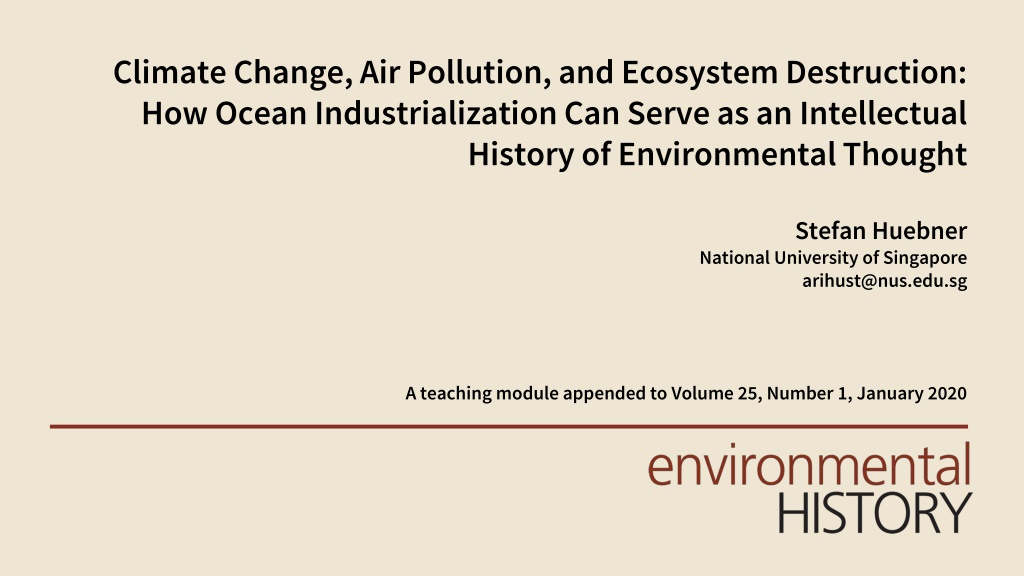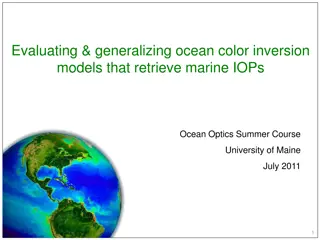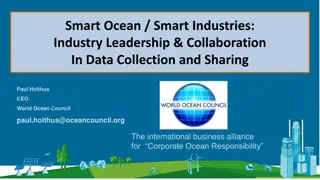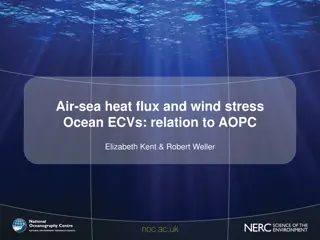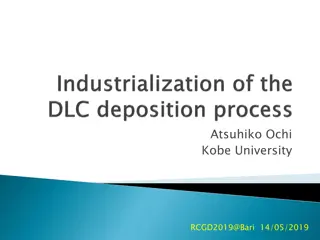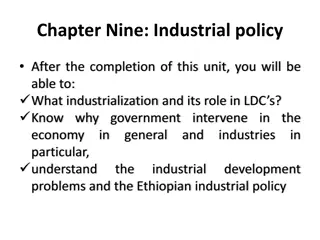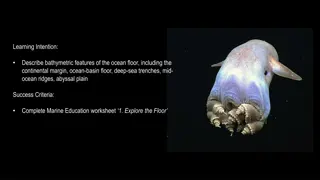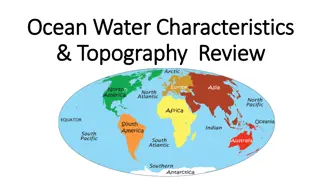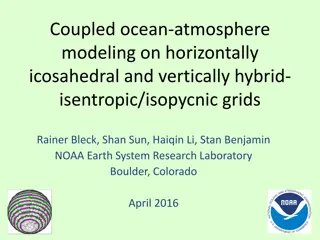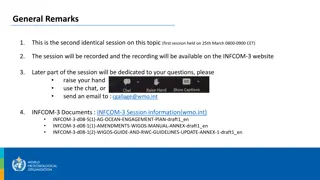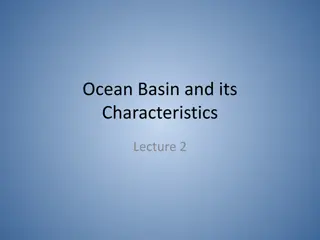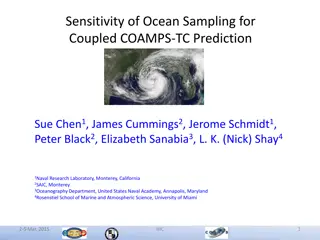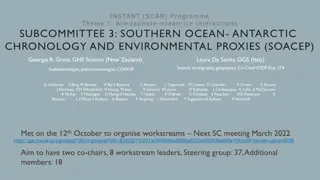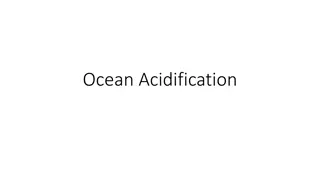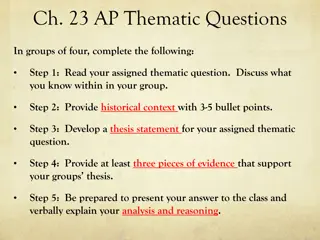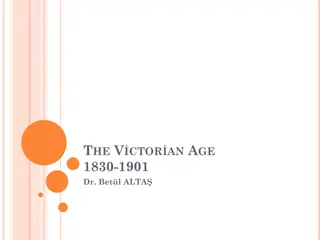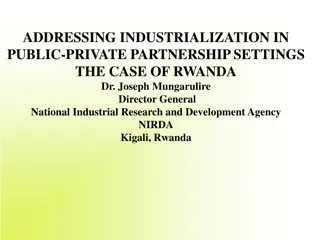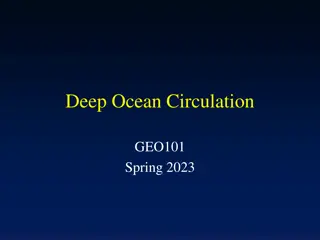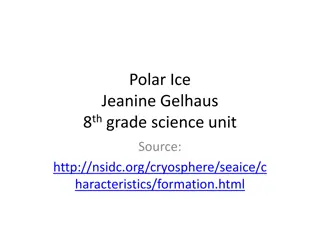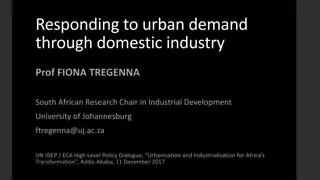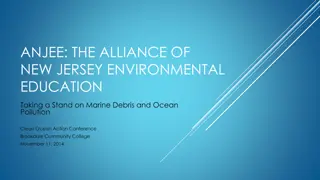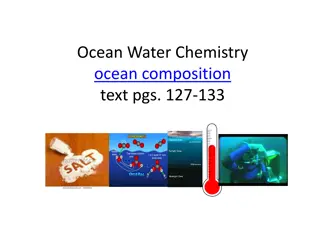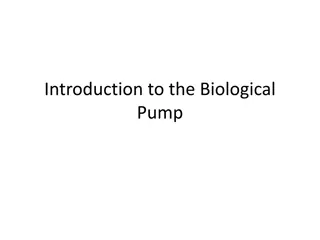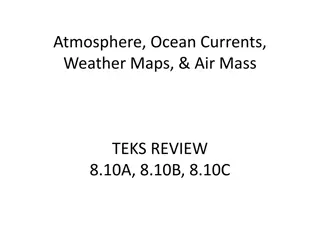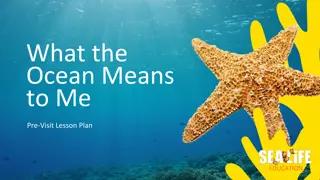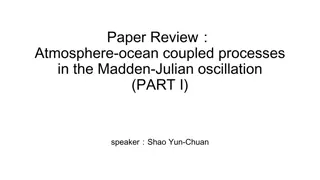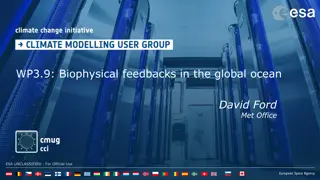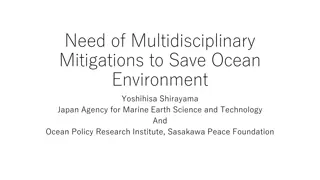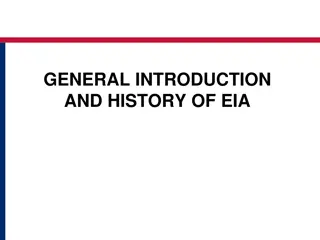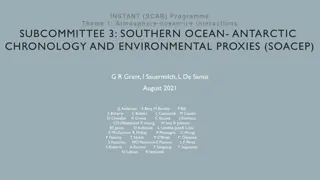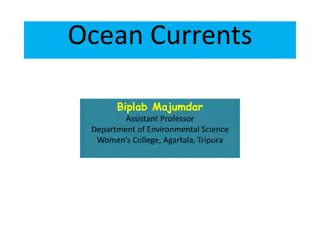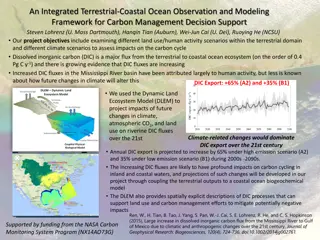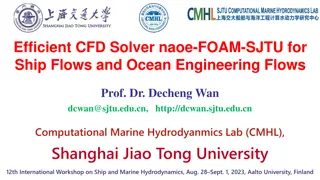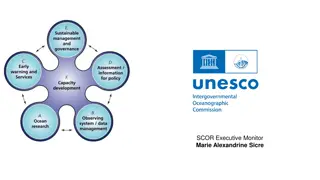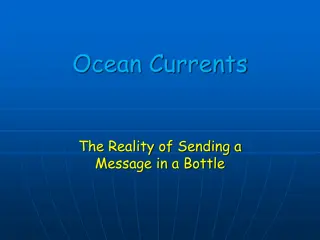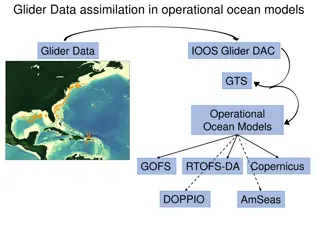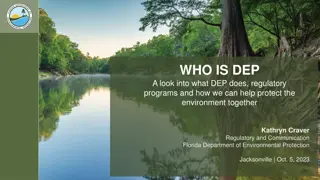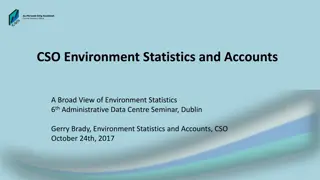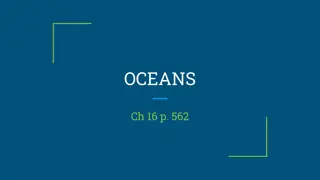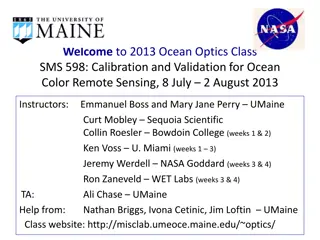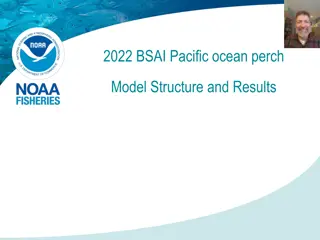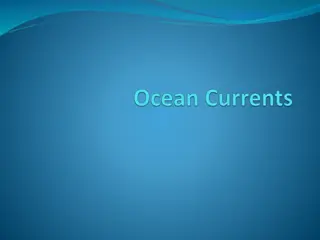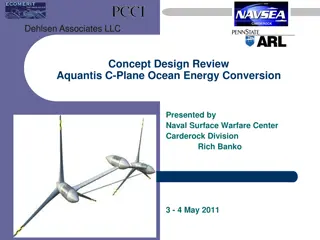Ocean Industrialization and Environmental Thought
Explore the intersection of ocean industrialization, environmental challenges, and innovative solutions such as floating cities and sustainable aquaculture. Uncover the historical perspectives and contemporary debates shaping environmental thought in the face of climate change and pollution. Delve into the concepts of market libertarianism, state evasion, and the potential of ocean-based developments in addressing pressing global issues.
- Ocean Industrialization
- Environmental Thought
- Climate Change
- Floating Cities
- Sustainable Aquaculture
Download Presentation

Please find below an Image/Link to download the presentation.
The content on the website is provided AS IS for your information and personal use only. It may not be sold, licensed, or shared on other websites without obtaining consent from the author. Download presentation by click this link. If you encounter any issues during the download, it is possible that the publisher has removed the file from their server.
E N D
Presentation Transcript
Climate Change, Air Pollution, and Ecosystem Destruction: How Ocean Industrialization Can Serve as an Intellectual History of Environmental Thought Stefan Huebner National University of Singapore arihust@nus.edu.sg A teaching module appended to Volume 25, Number 1, January 2020
Required reading Stefan Huebner, Tackling Climate Change, Air Pollution, and Ecosystem Destruction: How US-Japanese Ocean Industrialization and the Metabolist Movement s Global Legacy Shaped Environmental Thought (c. 1950s Present) Environmental History 25.1 (2020), 1-27.
UN Sustainable Floating Cities roundtable, April 3, 2019 Amina J. Mohammed, UN Deputy Secretary-General: This need to explore frontier issues also applies to cities, which are often our testing ground for new ideas and solutions. We live in a time when we cannot continue building cities the way New York or Nairobi were built. We must build cities with solutions for low-emission development scaling safe and electric-powered public transport solutions and changing the grid on which cities rely to clean energy solutions. We must build cities for people, not cars. And we must build cities knowing that they will be on the frontlines of climate-related risks from rising sea levels to storms. Floating cities could also experiment with ways to grow their food right on their doorstep for example through hydroponics and sustainable aquaculture. A floating dairy farm is even being constructed in Rotterdam. As experimentation with floating cities moves forward, there is also an opportunity to design them in a manner that fits local needs. From traditional houseboat communities to high-tech experiments, there are many examples to learn from.
Ocean industrialization, market libertarianism, and state evasion ? Part 1 Gaylord Nelson (1916-2005), U.S. Senator (D-WI, 1963-1981), Nov. 1969: closer the threat of cataclysm which Dr. Paul Ehrlich, a noted ecologist, projected recently. He predicted that unless current trends reversed, the ocean could end as a significant source of life in ten years with the end of man coming a short time later. The massive oil leak off Santa Barbara, California, which killed fish and sea fowl could be the first dramatic warning of this end. Other commercial ventures are under consideration as developers look to the possibilities of rich returns from moving parts of crammed megalopolis to floating cities. One developer is planning a floating jetport in the ocean waters off New York City. Such a facility might well be beyond the reach of enforcement of any Federal agency regulations. It is the economic profit to be found in the sea that attracts and brings
Ocean industrialization, market libertarianism, and state evasion ? Part 2 Live free at sea (2019). Interview with Joe Quirk, President, Seasteading Institute, San Francisco. https://www.youtube.com/watch?v=vDYO4_845Is
Discussion Thinking about the interaction between ocean and coastal industrialization, what is your assessment of past and present proposals for moderating the related environmental and social impacts? Thinking about proto-ecomodernist ideas and the trajectory of ocean industrialization, what is your assessment of their positive and negative results? Thinking about ocean industrialization, environmental justice, and the capacity or willingness of coastal states to enforce legislation, what is your assessment of market libertarian and UN-guided projects? Thinking about the past and future of ocean industrialization, what is your assessment of the proposed commercialization of climate security and disaster resiliance?
Sources Gaylord Nelson: Congressional Record. Proceedings and Debates of the 91st Congress, First Session. Vol. 115, No. 176 (29 October 1969): 1-4. Based on: Gaylord Nelson, Our Polluted Planet The Progressive 33,11 (1969): 13-17. Amina Mohammed, Sustainable Floating Cities Can Offer Solutions to Climate Change Threats Facing Urban Areas, Deputy Secretary-General Tells First High-Level Meeting,https://www.un.org/press/en/2019/dsgsm1269.doc.htm. Accessed December 11, 2019. Global crude oil production (October 25, 2016).https://www.eia.gov/todayinenergy/detail.php?id=28492. Accessed December 11, 2019.
